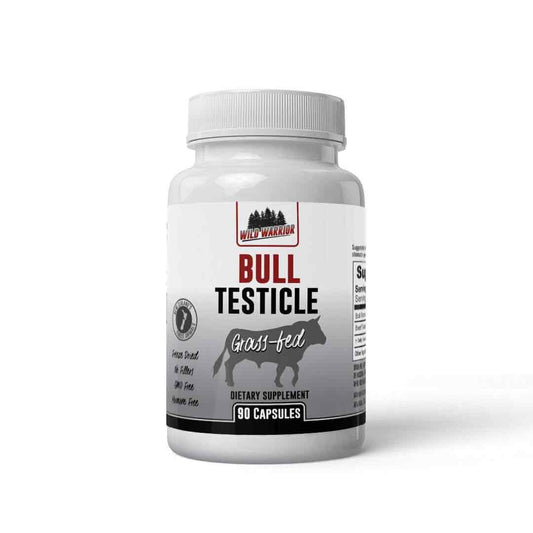When it comes to fitness, finding the right balance between cardio and weight lifting can often feel like a high-wire act. This is especially true if you have goals that don't always work together. Too much focus on one can leave you missing out on the benefits of the other. So, how do you strike the perfect balance? Here are some tips.
Friends or Enemies? Cardio versus Weight Lifting
Both cardio and weight lifting are essential components of a well-rounded fitness regimen. Cardio is obviously excellent for heart health, improving endurance, and burning calories. On the other hand, weight lifting helps build muscle mass, strengthens the bones, and boosts metabolism.
Together, they provide a comprehensive workout that targets different aspects of your health and fitness. But the key is balance.
Balancing Act: Cardio vs. Weight Lifting
To achieve the ideal balance, you need to consider your individual goals. If your primary aim is to lose weight, a combination of both cardio and weight lifting can be beneficial. However, if you want to build muscle, then eating more and curbing cardio may be a better plan.
Weight lifting builds lean muscle, which increases your resting metabolic rate – meaning you burn more calories even when you're not exercising. Meanwhile, cardio is a fantastic calorie-burner in the moment.
But how much should you do each week? Lets look at it from a fat loss perspective.
Weight Loss Goal: Losing 1lb of Fat Per Month
For those aiming to lose 1lb of fat per month, it's crucial to understand that 3,500 calories equate to approximately one pound of fat. Therefore, to lose 1lb per month, you'd need to create a calorie deficit of about 875 calories per week or 125 calories per day.
In this example, here's where the balance comes in:
Cardio: The American Heart Association recommends at least 150 minutes of moderate-intensity aerobic activity or 75 minutes of vigorous aerobic activity per week, or a combination of both. You can divide the time into two or three cardio sessions spread throughout the week.
As mentioned, cardio tends to burn more calories than weightlifting, so your program should lean this way to help build that daily caloric deficit. Diet is the best way to create this deficit, but cardio is an effective tool.
However, because muscle burns calories all day long, you don't want to ignore your weight training all together.
Weight Lifting: If your goal is burning fat, then you don't want to lift 5 days a week. Especially if you aren't eating enough. There are studies that show it is possible to lose weight by eating more and lifting instead of cardio, but the complexity of that is beyond the scope of this post.
Let us just say that eating more can increase your metabolism, but it requires a specific nutrition plan. More to come on this in another post.
With regard to weightlifting, aim for two to three days per week of strength training without taking away from your calorie burning sessions.
In the example above the combination of more cardio and less weightlifting may lead to more calories burned and help you lose fat fast. However, because building lean muscle can help you increase your resting metabolic rate, leading to more sustained weightloss over time.
If you have the opposite goal to stay lean while building muscle and adding bodyweight, then you will want to increase calories, lift more, and avoid excessive cardio.
This is probably an over simplification of the teeter totter between cardio and lifting, but you get the idea.
Finding Your Perfect Balance
Remember, the "perfect balance" will look different for everyone. It depends on your personal fitness goals, your current level of fitness, and, importantly, what you enjoy doing. Exercise should never feel like a punishment; it's an act of self-care.
So, whether you're a weekend warrior 5k runner looking to improve your times, or a gym rat trying to put on 5lbs, remember the importance of balance. Both forms of exercise offer unique and essential benefits. By incorporating a mix of both cardio and weight lifting into your routine, you'll be well on your way to achieving your fitness goals and reaching whatever "optimal" you are looking for.
Remember, always consult with a healthcare provider before starting any new exercise regimen ensure whatever you choose is right for you.





